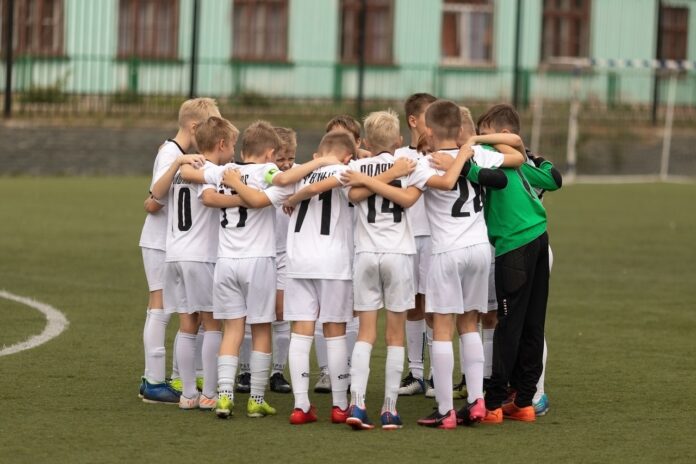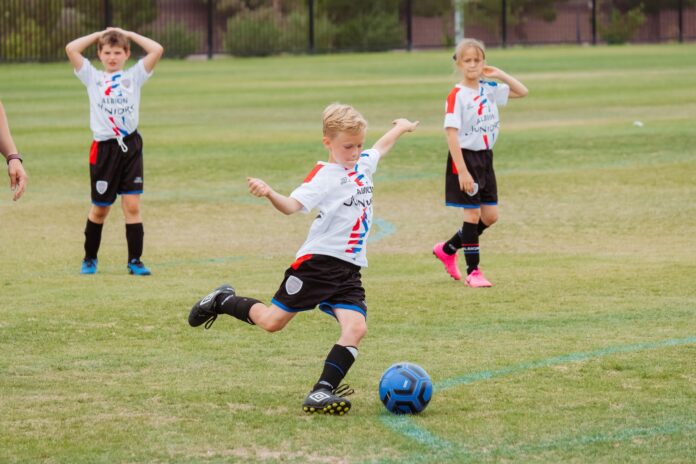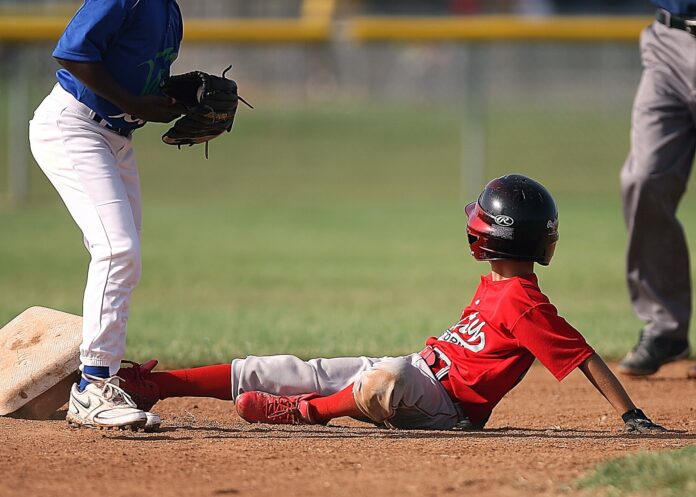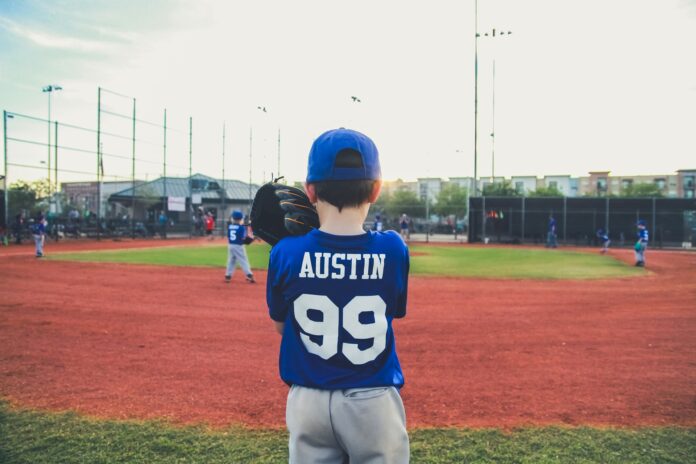Participating in sports is great for people of all ages — adults themselves participate in sports to get exercise and find friends. However, children can benefit from participating in sports, and the great thing is, it doesn’t matter what type of sport they choose to take on. Whether your child wants to try out ballet, football, or swimming, there are many reasons why it’s a good idea to say yes and support your child as they endeavor on different types of athletics.
It turns out, sports have a lot more benefits for kids other than providing an opportunity to be active. By enrolling your child in a sports program, you can introduce many different life skills and can improve their lives in a variety of ways: direct and indirect. Here are the top reasons to participate in sports during childhood. To learn more about childhood, check out some of the articles available here.
1. Sports Teach Young Kids Teamwork

One of the biggest reasons to get your child involved in sports is because being on a team teaches them essential teamwork skills. They learn how to rely on others, work together to achieve a larger goal, and handle feedback on their performance. They also learn how to effectively communicate and work with others to solve problems.
They will also pick up on valuable social skills, even if they’re not taught explicitly. Those could include respect, patience, understanding, and accountability. It’s safe to say these skills will stay with your child for many years, long after their playing days have wrapped up. Even in sports that depend on individual performances — such as swimming — being part of a group striving for the same goal benefits children. That’s because so much about life is working with others. Just think about your workplace, family, or friends. All involve relating to those around you and collaborating for positive outcomes.
2. Sports Help Reduce Stress and Pressure
Sports are definitely a way for kids to let off steam and loosen up. This is especially helpful for children who feel under pressure academically or otherwise could really use a way to let go of their stress. Sports also help kids find balance between different demands of their life, and realize that it’s okay to fail every once in a while because life moves on, allowing them to let go of the pressure of perfectionism.
Some kids may have lots of energy that is best channeled towards exercise. In fact, a recent study found that children have more energy than endurance athletes. So it only makes sense that parents would want to find positive ways for them to release their energy, so they can live a more balanced life at home, in the classroom, and with friends.
3. Sports Provide A Great Boost to Self-Esteem

Kids know that there is nothing better than hitting a home run or scoring the goal that wins their team the championship. Even achieving a great time while swimming or beating their own personal best will lead to high-fives and congratulations from their coaches and teammates. Those moments are invaluable teaching lessons, showing that hard work pays off.
With sports, children are able to see directly how work can translate to success. And they can understand how to put in effort to achieve their goals. Their self-esteem is boosted, which is not only exciting and rewarding, but a key aspect to their growth process in general. They’ll also pick up on valuable skills in goal setting and practice, essential for moments later in their life. Positive self-esteem benefits kids in a number of positive ways, including independence, responsibility for one’s actions, secure in forming relationships, feeling respected, and acting with resiliency when the going gets tough.
4. Setting Up Kids For An Active Adulthood
Research shows that a child participating in organized sports between nine to 18 are five to six times more likely to be active when they become adults, showing that your child’s activity can set them up for success when they are older. We all know that physical activity can benefit a person’s overall well-being in a variety of ways, so being active and taking care of your body will only benefit your child down the road. So it’s worth exposing your child to regular exercise, helping them adapt to an active lifestyle as an adult.
5. Children Learn Sportsmanship

One of the best aspects to doing sports is that children learn how to be a good sport whether they win or lose. From helping a teammate who got hurt to congratulating the other team on a good game, kids learn how to keep their head high no matter what. They learn how to appreciate the fact that everyone played a good game and how to overcome adversity. This mutual respect can easily translate into a child’s adulthood — everyone enjoys working with the co-worker who acknowledges when others shine and can celebrate another person’s success.
On top of this, kids also learn how to handle things when the game doesn’t go right, which is an important life skill. The ref may call a foul that your child doesn’t agree with, or the ref might miss something that should have been called. Learning how to deal with this and move on with the game is a great life skill for your child to learn, as they can apply good sportsmanship to other aspects of their life. Everyone is bound to have challenges later in life, and knowing how to navigate those ups and downs will allow your child to be adaptable to the many experiences coming their way.
Conclusion
While some sports can certainly be competitive, expensive, and time-consuming, their impact will go far beyond the moments your child spends practicing and competing. They will acquire skills for life, both directly and indirectly, from their experiences in sports. And even if the sport they pick isn’t directly team-oriented, they will pick up on social skills from being around other competitors their age. Having experience in sports from an early age will set up your child for success and give them many of the tools they need to be successful and productive adults.







